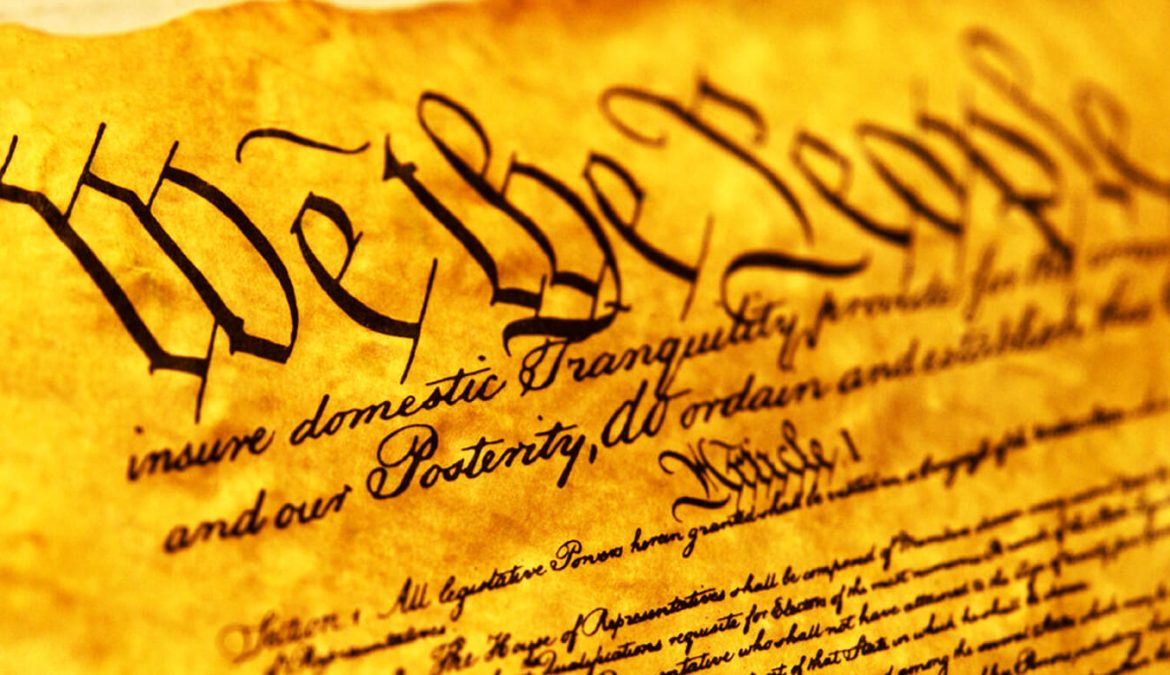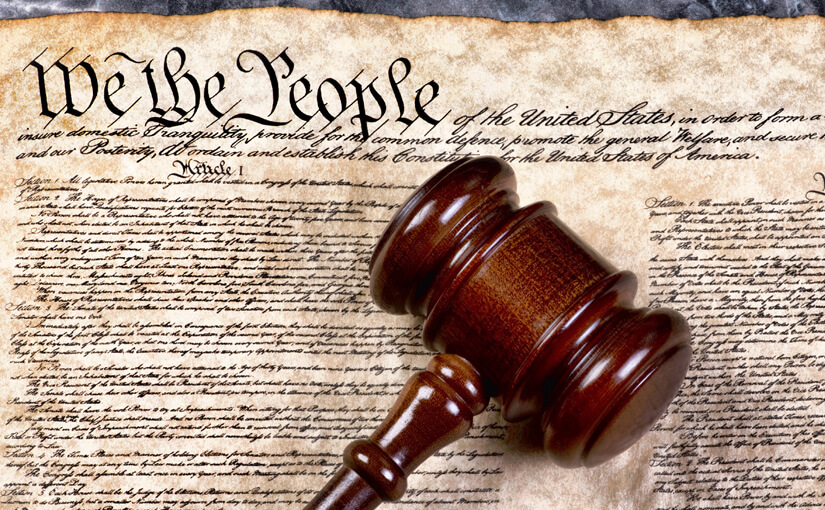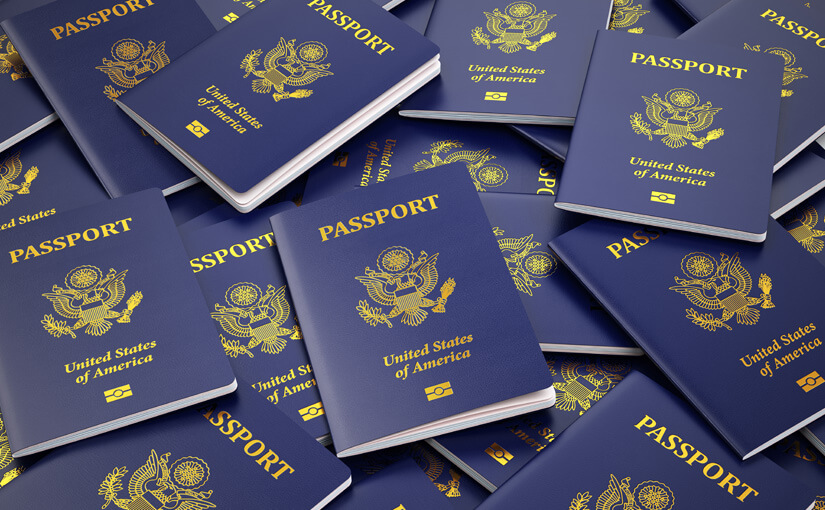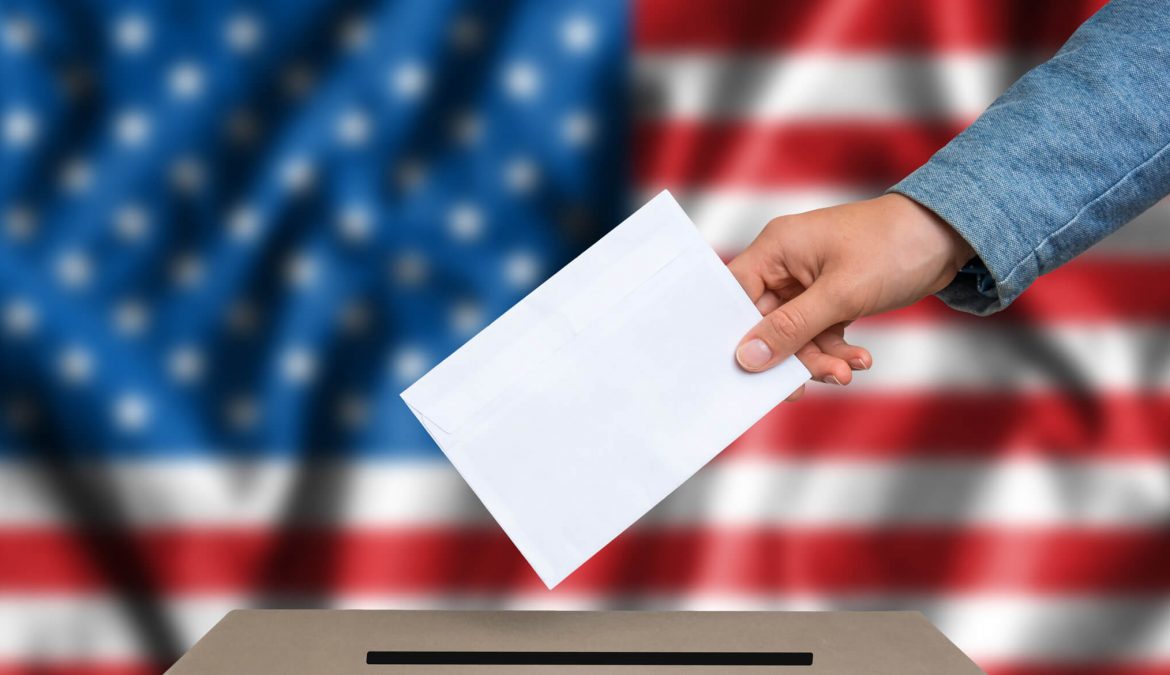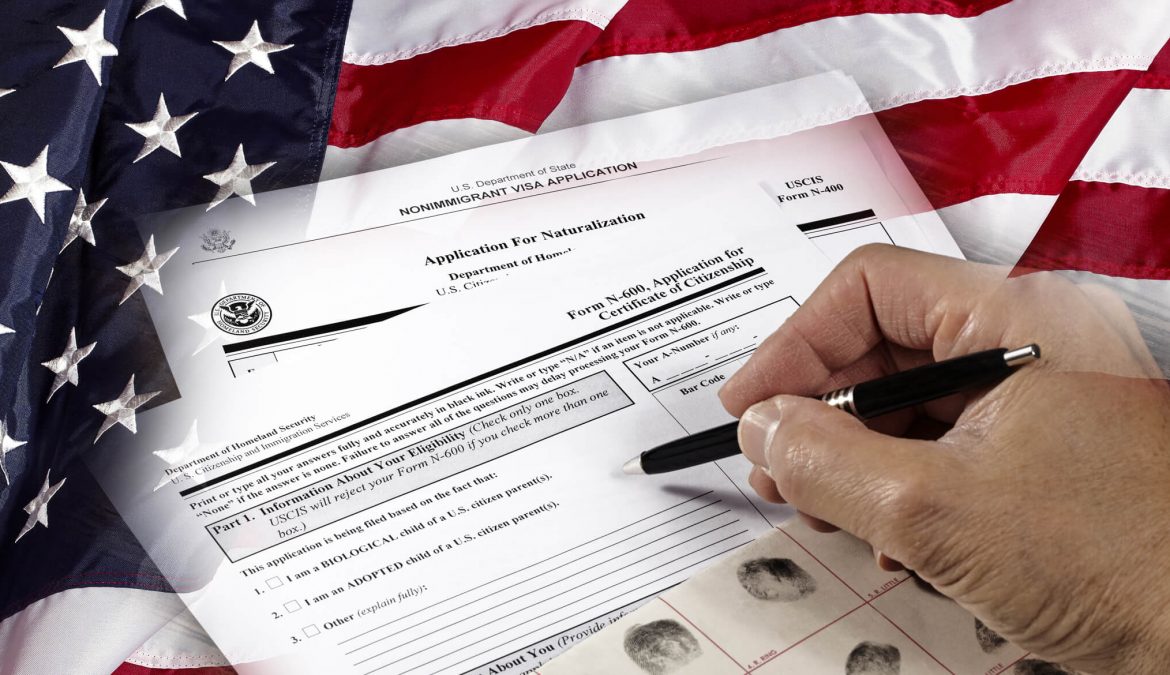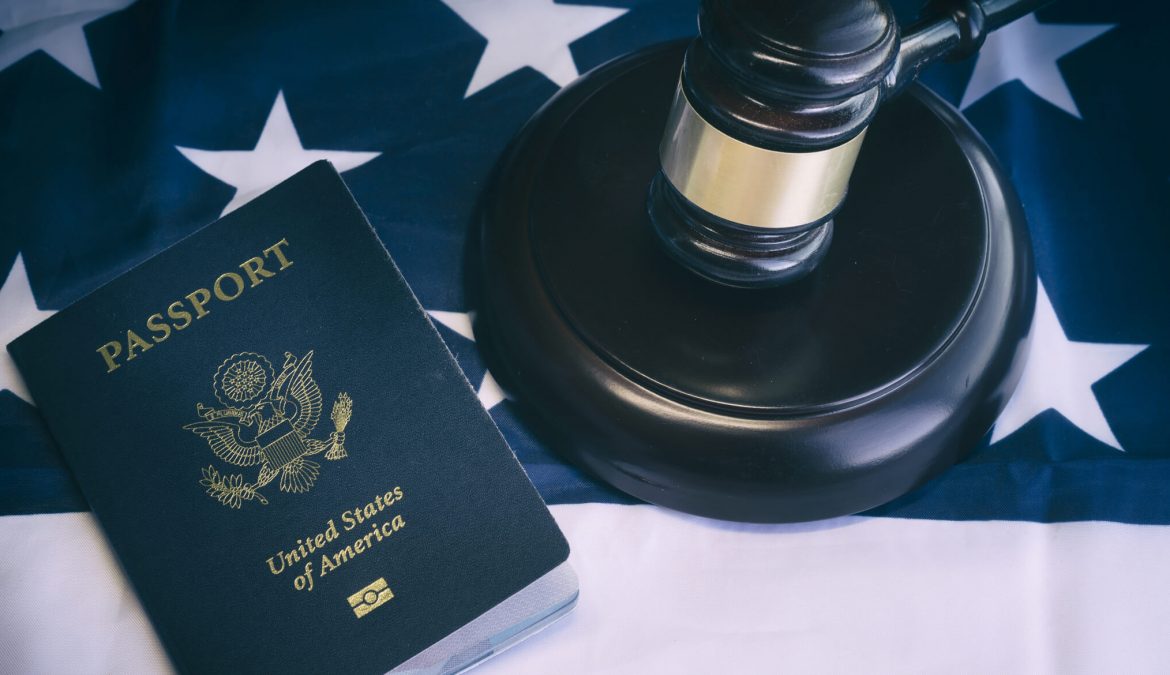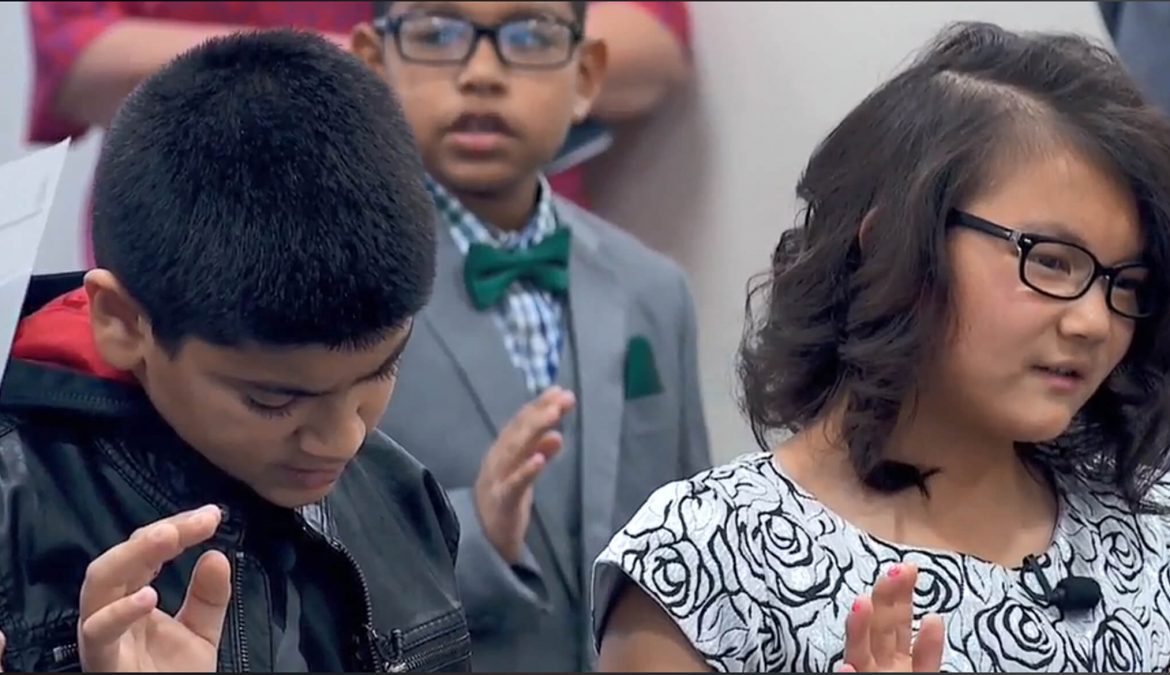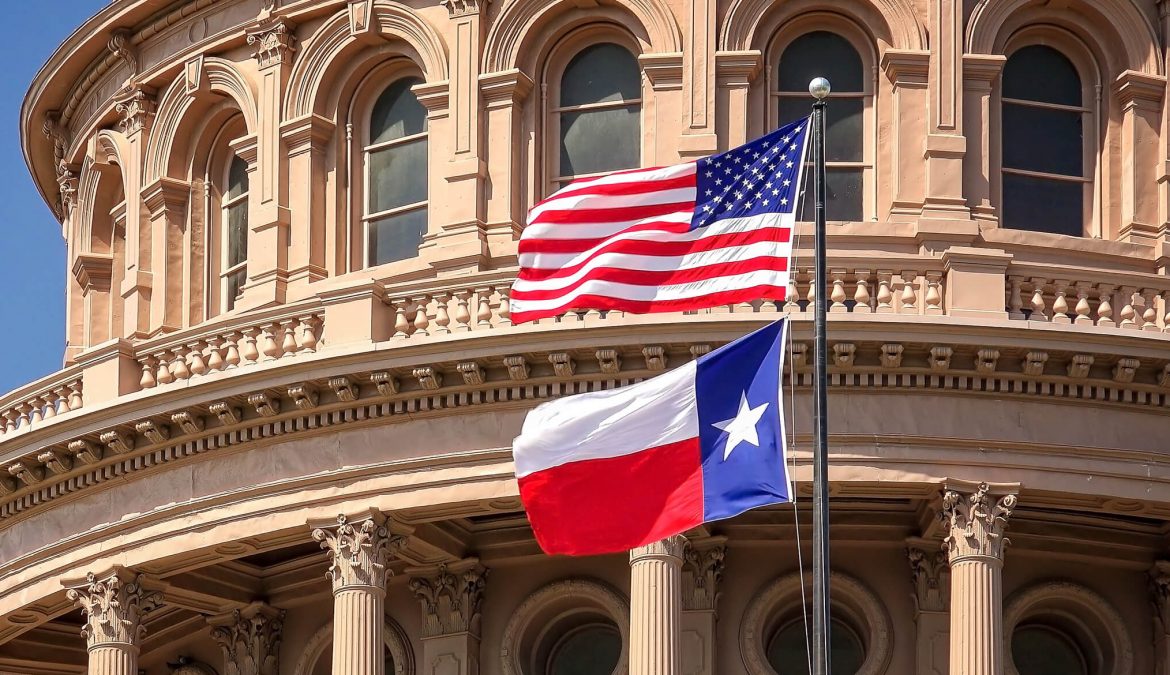USCIS offers immigration services that may help people affected by unforeseen circumstances, including disasters such as Hurricane Harvey.
The following measures may be available on a case-by-case basis upon request:
Changing a nonimmigrant status or extending a nonimmigrant stay for an individual currently in the United States. Failure to apply for the extension or change before expiration of your authorized period of admission may be excused if the delay was due to extraordinary circumstances beyond your control;
Re-parole of individuals previously granted parole by USCIS;
Expedited processing of advance parole requests;
Expedited adjudication of requests for off-campus employment authorization for F-1 students experiencing severe economic hardship;
Expedited adjudication of employment authorization applications, where appropriate;
Consideration of fee waivers due to an inability to pay;
Assistance for those who received a Request for Evidence or a Notice of Intent to Deny but were unable to submit evidence or otherwise respond in a timely manner;
Assistance if you were unable to appear for a scheduled interview with USCIS;
Expedited replacement of lost or damaged immigration or travel documents issued by USCIS, such as a Permanent Resident Card (Green Card); and
Rescheduling a biometrics appointment.
Note: When making a request, please explain how the impact of Hurricane Harvey created a need for the requested relief.
To learn how to request these measures or determine if an office is open, call the National Customer Service Center at 800-375-5283 (TDD for the deaf and hard of hearing: 800-767-1833) or visit USCIS Office Closings.
If your InfoPass appointment was affected by this storm, you can reschedule your appointment online or by calling the National Customer Service Center at 800-375-5283 (TDD for the deaf and hard of hearing: 800-767-1833).
All Form I-9, Employment Eligibility Verification, requirements remain in place. Those affected by Hurricane Harvey should review Form I-9 acceptable documents and receipts for more information on how to complete the Form I-9 if an employee’s documents are lost, stolen, or damaged. Visit I-9 Central for more information.
For more information about how we provide assistance to individuals affected by unforeseen circumstances, visit Special Situations. Or call the National Customer Service Center at 800-375-5283 (TDD for the deaf and hard of hearing: 800-767-1833).
For more information about the federal government response to Hurricane Harvey, visit usa.gov/hurricane-harvey.
Last Reviewed/Updated: 08/30/2017
Source: https://www.uscis.gov/news/alerts/uscis-alerts-those-affected-hurricane-harvey-available-immigration-services


